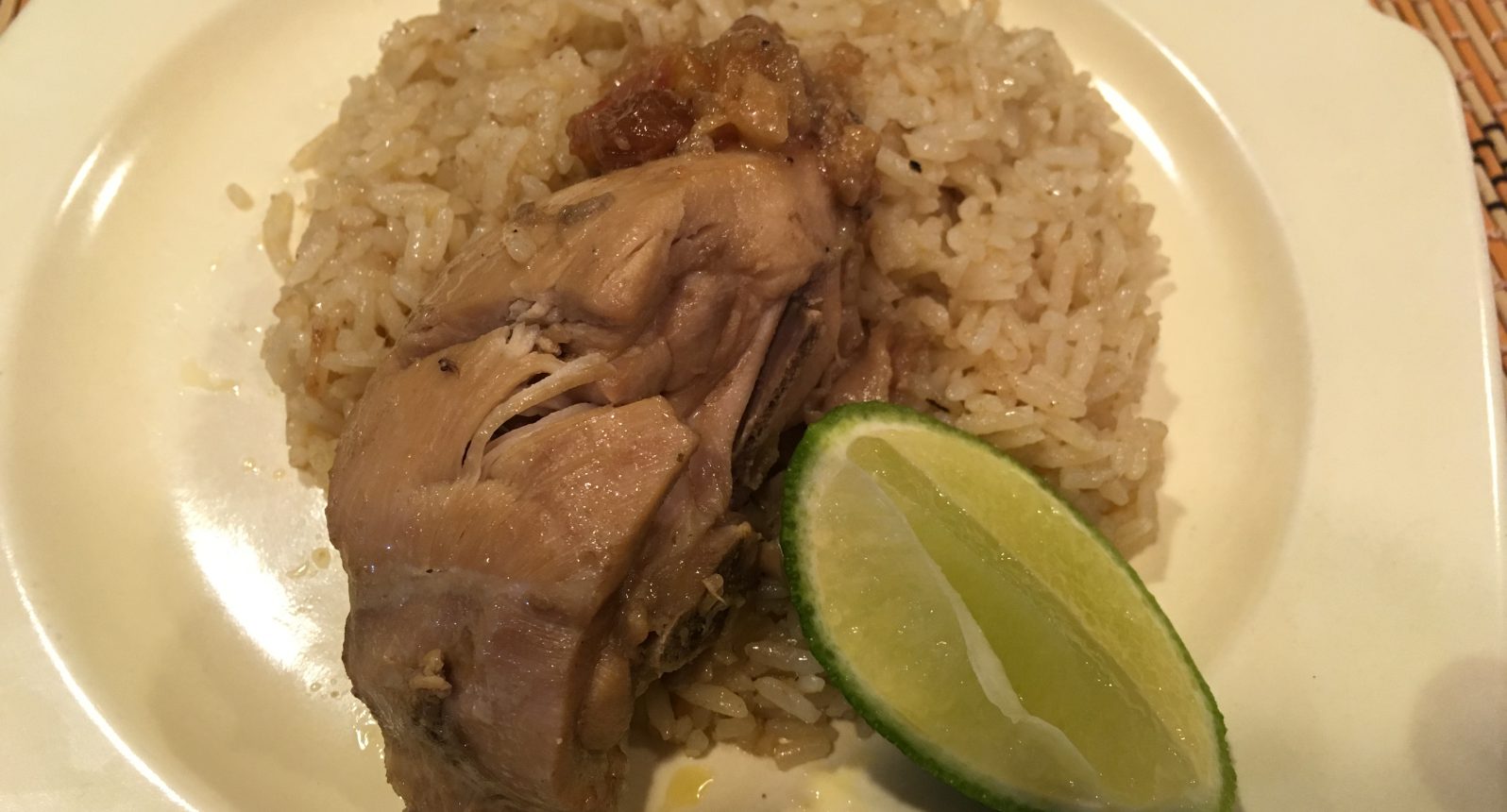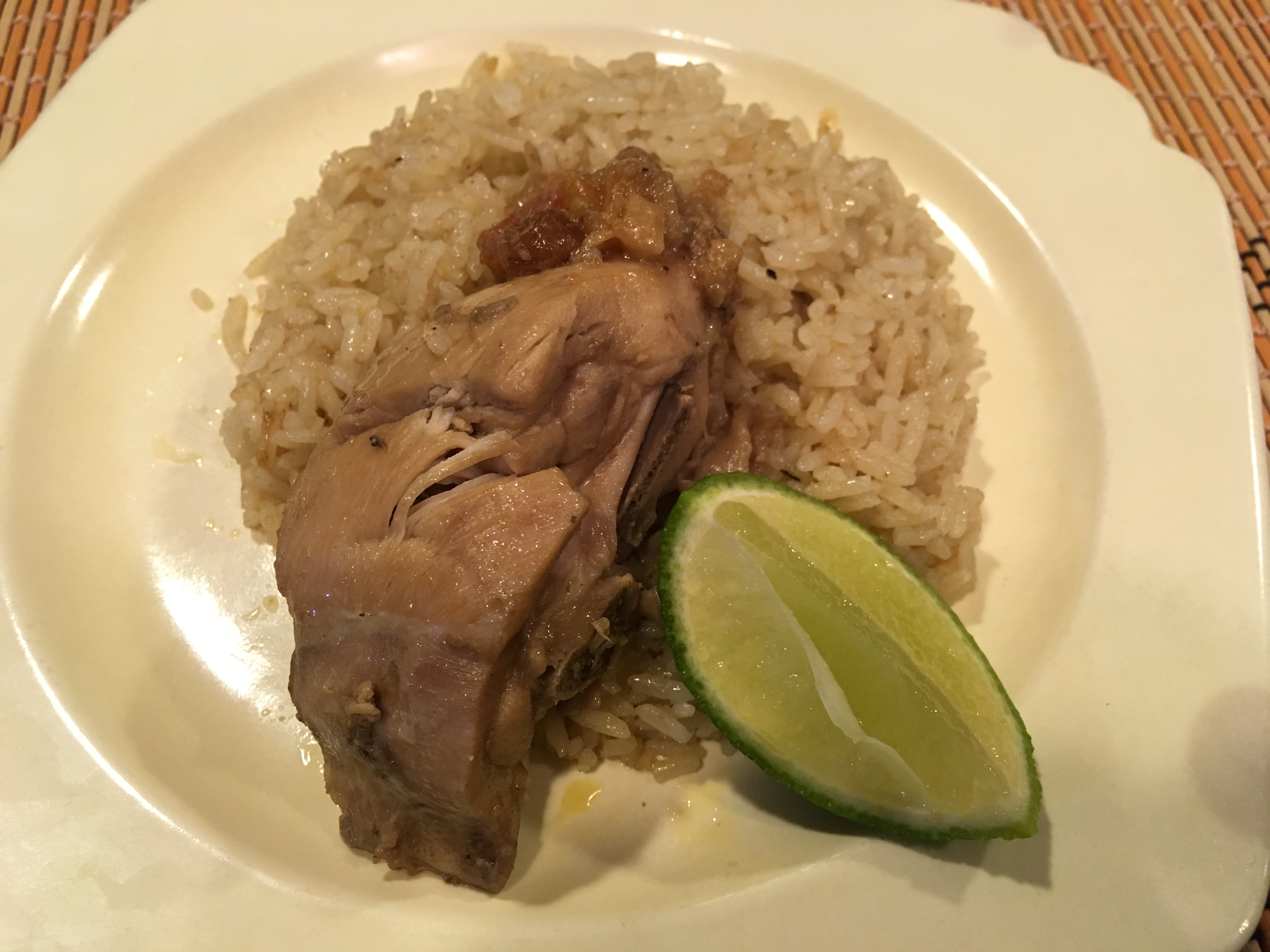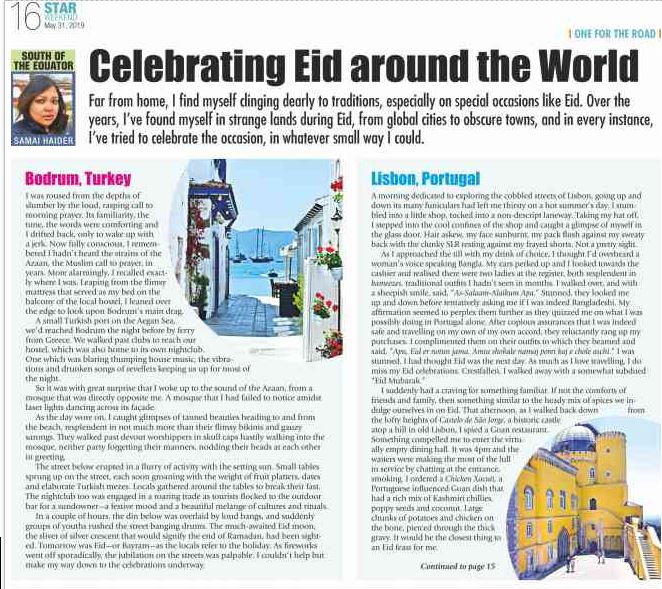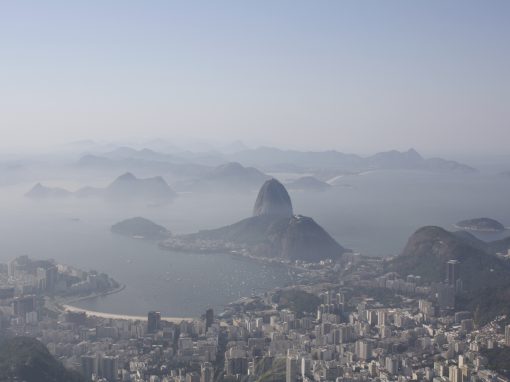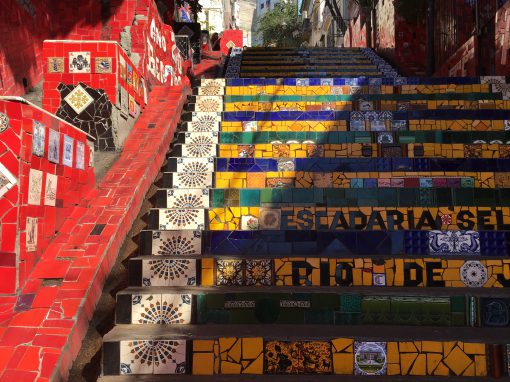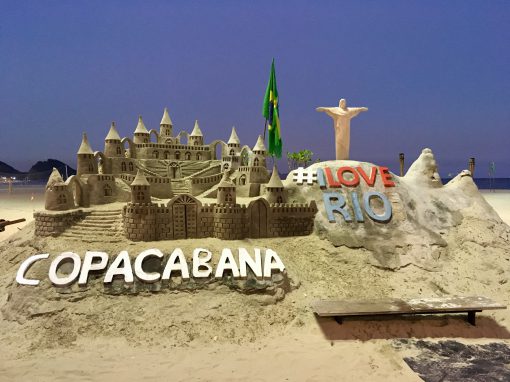By Samai Haider
Travel is delight. To be able to travel for months on end, sheer luxury. But it does come with its share of drawbacks, the biggest one of all being apart from the comfort of friends and family. Over the years, I’ve found myself in strange lands, often pining for the comforts of home and community. A longing that is most prominent during Eid, a time for food, family and community. And so, despite whatever part of the world I find myself in during the Eid festivities, I try to make it a point to celebrate, in some guise or the other. Here are a few.
Bodrum, Turkey
I was roused from the depths of slumber by the loud, rasping call to morning prayer. Its familiarity, the tune, the words were comforting and I drifted back, only to wake up with a jerk. Now fully conscious, I remembered I hadn’t heard the strains of the Azan, the Muslim call to prayer, in years. More alarmingly, I recalled exactly where I was. Leaping from the flimsy mattress that served as my bed on the balcony of the local hostel, I leaned over the edge to look upon Bodrum’s main drag.
A small Turkish port on the Aegan Sea, we’d reached Bodrum the night before by ferry from Greece. We walked past clubs to reach our hostel, which was also home to its own nightclub. One which was blaring thumping house music, the vibrations and drunken songs of revellers keeping us up for most of the night.
So it was with great surprise that I woke up to the sound of the Azan, from a mosque that was directly opposite me. A mosque that I had failed to notice amidst laser lights dancing across its façade.
As the day wore on, I caught glimpses of tanned beauties heading to and from the beach, resplendent in not much more than their flimsy bikinis and gauzy sarongs. They walked past devout worshippers in skull caps hastily walking into the mosque, neither party forgetting their manners, nodding their heads at each other in greeting.
The street below erupted in a flurry of activity with the setting sun. Small tables sprung up on the street, each soon groaning with the weight of fruit platters, dates and elaborate Turkish mezes. Locals gathered around the tables to break their fast. The nightclub too was engaged in a roaring trade as tourists flocked to the outdoor bar for a sundowner. A festive mood and a beautiful melange of cultures and rituals.
In a couple of hours, the din below was overlaid by loud bangs, and suddenly groups of youths rushed the street banging drums. The much awaited Eid moon, the sliver of sliver crescent that would signify the end of Ramadan, had been sighted. Tomorrow was Eid – or Bayram – as the locals refer to the holiday. As fireworks went off sporadically, the jubilation on the streets was palpable. I couldn’t help but make my way down to the celebrations underway.
Lisbon, Portugal
A morning dedicated to exploring the cobbled streets of Lisbon, going up and down its many funiculars had left me thirsty on a hot summer’s day. I stumbled into a little shop, tucked into a non-descript laneway. Taking my hat off, I stepped into the cool confines of the shop and caught a glimpse of myself in the glass door. Hair askew, my face sunburnt, my pack flush against my sweaty back with the clunky SLR resting against my frayed shorts. Not a pretty sight.
As I approached the till with my drink of choice I thought I’d overheard a woman’s voice speaking Bangla. My ears perked up and I looked towards the cashier and realised there were two ladies at the register, both resplendent in kameezes, traditional outfits I hadn’t seen in months. I walked over, and with a sheepish smile, said “As-Salaam-Alaikum Apa.” Stunned they looked me up and down before tentatively asking me if I was indeed Bangladeshi. My affirmation seemed to perplex them further as they quizzed me on what I was possibly doing in Portugal alone. After copious assurances that I was indeed safe and travelling on my own of my own accord, they reluctantly rang up my purchases. I complimented them on their outfits to which they beamed and said, “Apu, Eid er notun jama. Amra shokale namaj porei kaj e chole aschi.” I was stunned. I thought Eid was the next day. As much as I love travelling, I do miss my Eid celebrations. Crestfallen, I walked away with a somewhat subdued “Eid Mubarak.”
I suddenly had a craving for something familiar. If not the comforts of friends and family, then something similar to the heady mix of spices we indulge ourselves in on Eid. That afternoon, as I walked back down from the lofty heights of Castelo de São Jorge, a historic castle atop a hill in old Lisbon, I spied a Goan restaurant. Something compelled me to enter the virtually empty dining hall. It was 4pm and the waiters were making the most of the lull in service by chatting at the entrance, smoking. I ordered a Chicken Xacuti, a Portuguese influenced Goan dish that had a rich mix of Kashmiri chillies, poppy seeds and coconut. Large chunks of potatoes and chicken on the bone, pierced through the thick gravy. It would be the closest thing to an Eid feast for me.
Puerto Iguazú, Argentina
It was Chand Raat, the eve of Eid-Ul-Fitr. Despite being travel-worn, I desperately wanted to give my little boy a flavour of Eid, especially as we were so far away from anything remotely like home or the traditions we so dearly cling to. There was nothing in this Argentinian town that would help me acknowledge the festival.
Our celebrations come in the guise of epic feasts. Perhaps I couldn’t pull off a proper biriyani or porota-roast, but maybe I could knock off a quick morog polau? And that’s how I found myself scouring the sole grocery shop in a small town in the middle of a South American rainforest, for ingredients for morog polau. Painstaking conversations in my limited Spanish interspersed with mad gesticulation came to fruition as I returned home with some of the ingredients. I was still missing a few. When I approached our landlord for help with translating the names of the ingredients, he laughed and said he’d only ever read about these spices in books. He’d definitely never seen them about town. Nevertheless, I persisted. My son would get a taste of Eid, no matter what.
Upon reaching home, I was faced with yet another challenge – cooking morog polau in the single, modestly sized pot that sat in the mostly bare cupboard. I should have, perhaps, given up at that point, but my maternal instincts made me persevere. What emerged from my kitchen that evening was unlike any morog polau we’d had before, but it was still rich and delicious (or at least I like to think it was) and my little family savoured both the comforting flavours and the unusual circumstances we found ourselves in.

